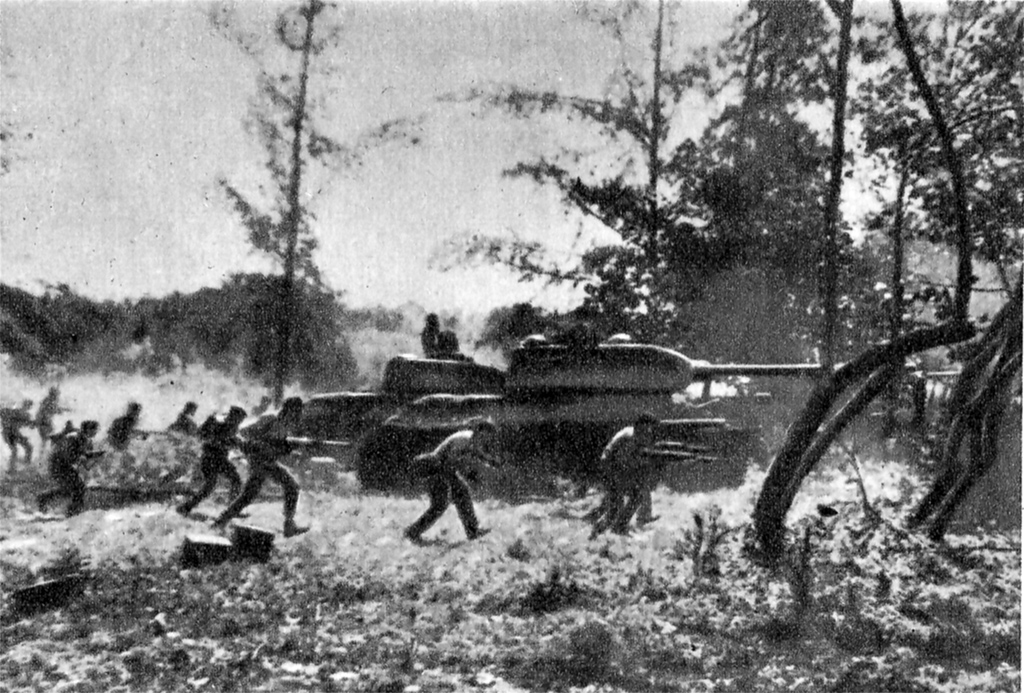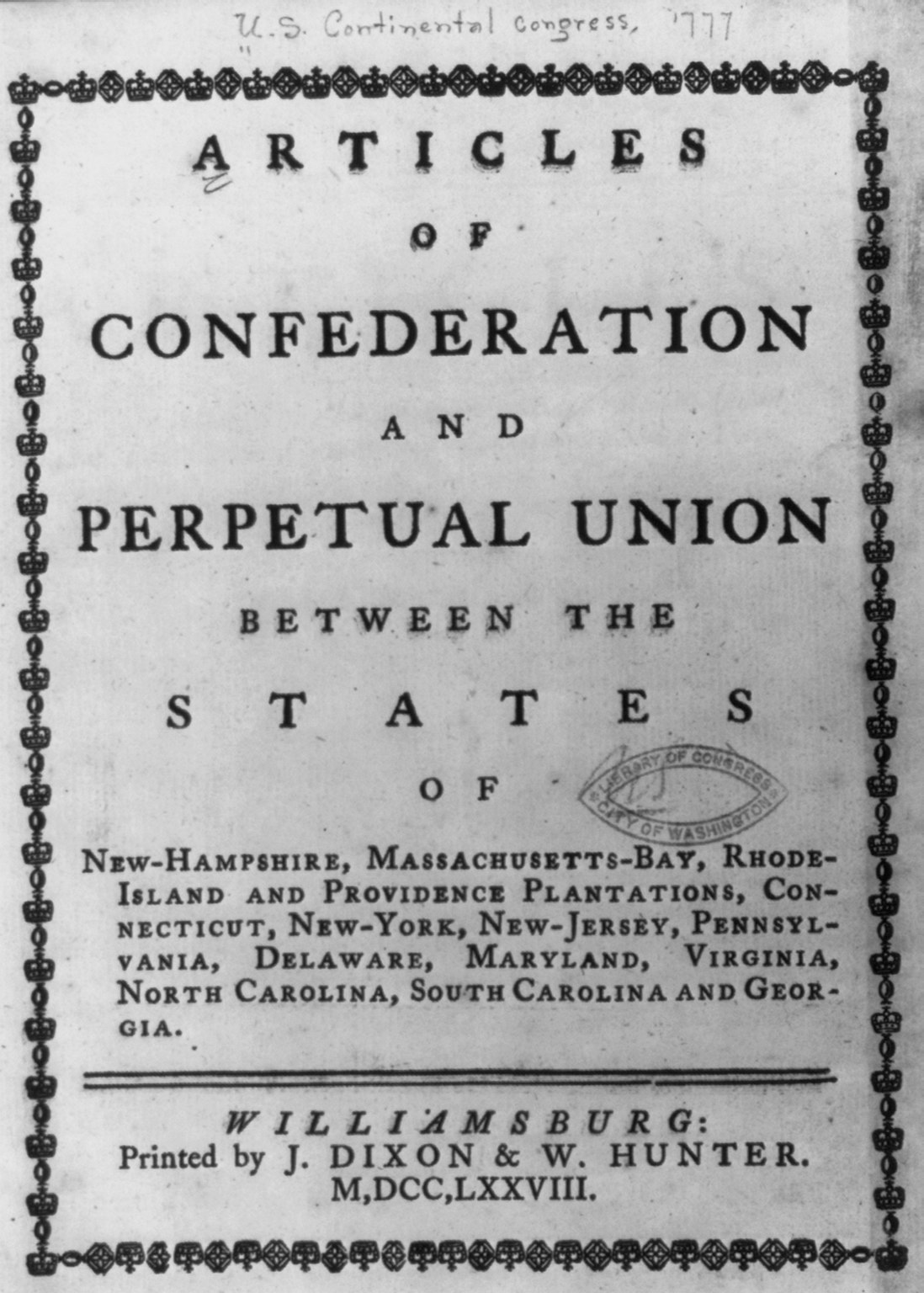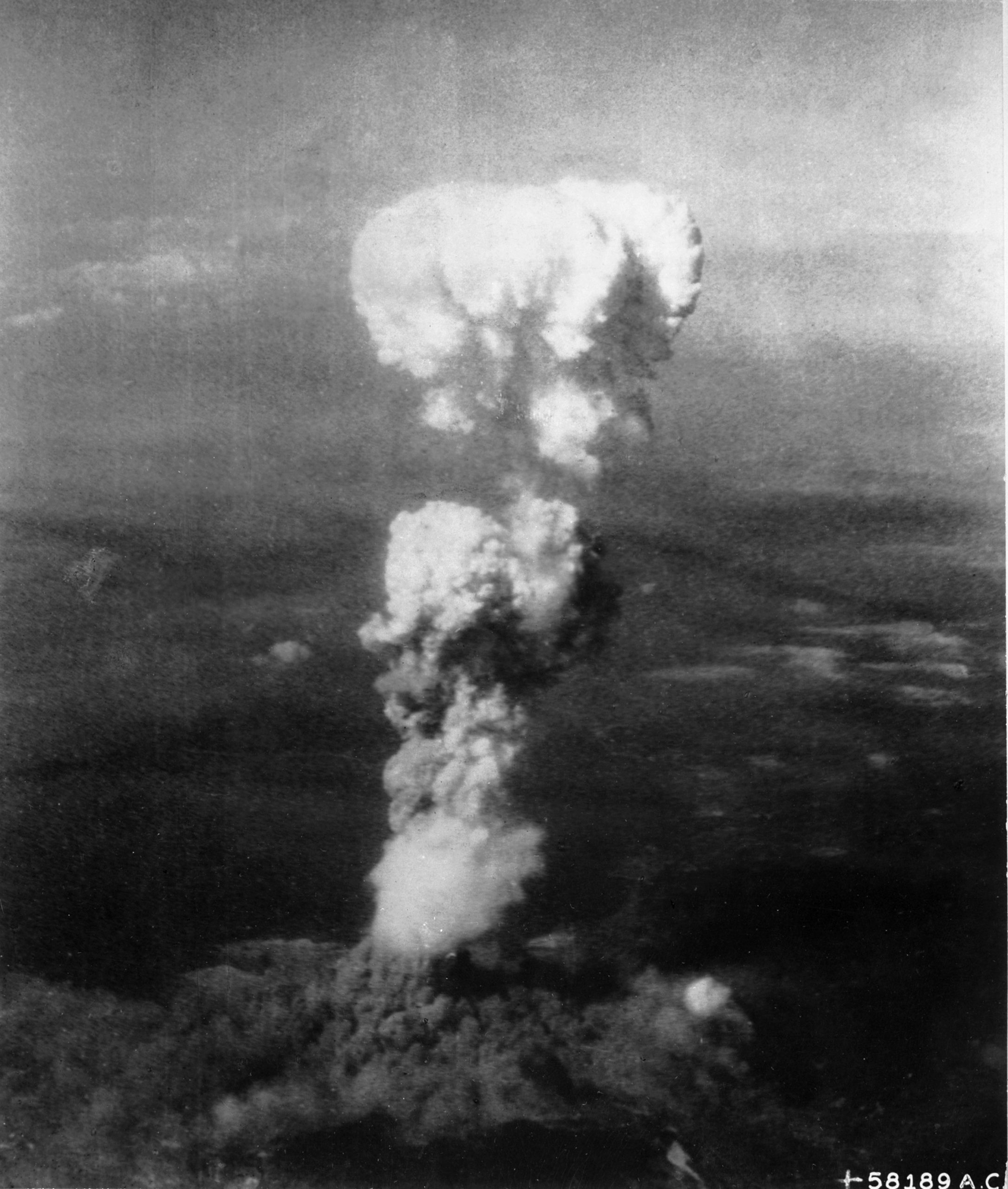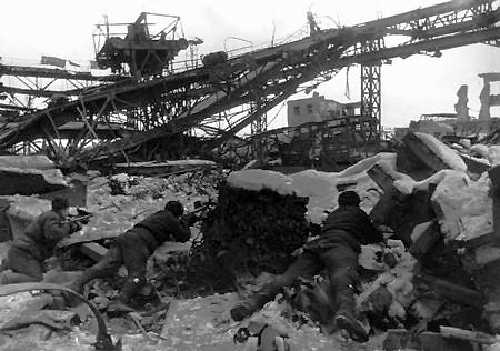For the past 25 years, the Pentagon has moved inexorably toward admitting Ukraine into NATO, which would then permit the Pentagon to install its nuclear missiles in Ukraine — that is, on Russia’s border. Thus, the Pentagon has progressively used NATO, an old Cold War dinosaur, to place Russia into a position of making a choice: Either (1) accept the fact that our nuclear missiles are going to be placed in Ukraine pointing at your cities, or (2) invade Ukraine to prevent that from happening. Russia, of course, could have simply acquiesced in the installation of the Pentagon’s nuclear missiles on Russia’s border. But for the last 25 years, Russia has made it clear that it had no intention of letting that happen. The Russian position has been the same as the U.S.
Topics:
Jacob G. Hornberger considers the following as important: 6b.) The Future of Freedom Foundation, Featured, Hornberger's Blog, newsletter
This could be interesting, too:
Nachrichten Ticker - www.finanzen.ch writes Die Performance der Kryptowährungen in KW 9: Das hat sich bei Bitcoin, Ether & Co. getan
Nachrichten Ticker - www.finanzen.ch writes Wer verbirgt sich hinter der Ethereum-Technologie?
Martin Hartmann writes Eine Analyse nach den Lehren von Milton Friedman
Marc Chandler writes March 2025 Monthly
For the past 25 years, the Pentagon has moved inexorably toward admitting Ukraine into NATO, which would then permit the Pentagon to install its nuclear missiles in Ukraine — that is, on Russia’s border. Thus, the Pentagon has progressively used NATO, an old Cold War dinosaur, to place Russia into a position of making a choice: Either (1) accept the fact that our nuclear missiles are going to be placed in Ukraine pointing at your cities, or (2) invade Ukraine to prevent that from happening.
Russia, of course, could have simply acquiesced in the installation of the Pentagon’s nuclear missiles on Russia’s border. But for the last 25 years, Russia has made it clear that it had no intention of letting that happen. The Russian position has been the same as the U.S. position has long been with respect to Cuba: No foreign nuclear missiles pointed at the United States will be permitted so close to the United States.
Despite Russia’s steadfast opposition to Ukraine’s admission into NATO, which, again, would permit the Pentagon to install its nuclear missiles on Russia’s border, the Pentagon refused to waver. Its position remained that Ukraine would be invited to join NATO, which would then enable the Pentagon to install its nuclear missiles on Russia’s border.
Thus, the Pentagon placed Russia in the position of making a choice between two alternatives, each of which came with horrific consequences. If Russia backed down, the Pentagon would be able to install its nuclear missiles pointed at Russian cities on the Ukraine-Russia border. If Russia choose instead to invade Ukraine to effect regime change and thereby prevent the Pentagon from installing its nuclear missiles in Ukraine, it would mean worldwide condemnation of Russia, not to mention the loss of thousands of Russian soldiers.
In the end, as we all know, Russia chose option (2) — the invasion alternative.
However, thanks in large part to a massive infusion of weaponry and other support from the Pentagon, the CIA, and NATO, Russia has been stymied in its attempt to prevail in the conflict. If Russia is not able to effect regime change, that means that Ukraine will still be able to join NATO, in which case the Pentagon will succeed in installing its nuclear missiles in Ukraine.
Thus, the Pentagon is now placing Russia in a position of, once again, having to make a choice between two alternatives, each of which comes with horrific consequences.
One choice is simply to acquiesce to Russia’s defeat in the war and its failure to effect regime change. That choice would then enable Ukraine to join NATO, which would then mean the Pentagon gets to install its nuclear missiles on Russia’s border, something that Russian president Vladimir Putin has long vowed will not be permitted.
The other choice is to use tactical nuclear weapons against Ukraine in order to win the war. WIth this choice, Putin could point to precedent: The U.S. government’s use of nuclear weapons against Japanese cities in World War II as a way to shorten the war and save the lives of U.S. soldiers. Russia could maintain that that’s what it too was doing by dropping tactical nuclear weapons on Ukrainian cities.
It’s easy for Americans to condemn Russia’s invasion of Ukraine. After all, Ukraine did nothing to attack Russia. In fact, it is always easy to condemn evil in foreign regimes.
 As I point out in my new book, An Encounter with Evil: The Abraham Zapruder Story, however, it is not so easy for many Americans to identify, confront, and condemn evil within their own regime. Instead, silence or, even worse, outright support of evil becomes the name of the game, especially when it involves the U.S. national-security establishment — that is, the Pentagon, the CIA, and the NSA, who, it is believed, keep us safe by protecting “national security.”
As I point out in my new book, An Encounter with Evil: The Abraham Zapruder Story, however, it is not so easy for many Americans to identify, confront, and condemn evil within their own regime. Instead, silence or, even worse, outright support of evil becomes the name of the game, especially when it involves the U.S. national-security establishment — that is, the Pentagon, the CIA, and the NSA, who, it is believed, keep us safe by protecting “national security.”
What all too many Americans simply cannot — and will not — see is that the Pentagon’s manipulation of events in order to place Russia into making the particular choices outlined above is evil. After all, there is no good reason that Ukraine has to join NATO, especially since NATO should have been abolished at the ostensible end of the Cold War, when its ostensible mission had been accomplished. There is also no good reason why the Pentagon has to install its nuclear missiles on Russia’s border. Steadfastly maintaining these two positions, the Pentagon’s placing of Russia into the position of making those particular choices is nothing less than evil.
Ironically, or maybe not so ironically, that is precisely what evil did to Dallas businessman Abraham Zapruder, who, through sheer happenstance, filmed the assassination of President John F. Kennedy. As I detail in my new book, just as it has done with Russia the U.S. national-security establishment placed Zapruder in the position of having to make a choice between two alternatives, both of which came with horrific consequences. The choice that Zapruder made, as a result of his encounter with evil, ended up destroying the rest of his life.
Manipulating people into a position of choosing between two bad alternatives is sometimes how evil operates. In my new book, I quote the late psychiatric M. Scott Peck, whose book People of the Lie was about evil: “The people I’m calling people of the lie are into looking good. And they place a high premium on that. And they’re into disguising their own evil from themselves as well as from others. And so they place a high premium on respectability. And their crimes are often much more subtle than those that get people in jail.”
An Encounter with Evil: The Abraham Zapruder Story: Buy it today at Amazon. $9.95 Kindle version. $14.95 print version.
Tags: Featured,Hornberger's Blog,newsletter







